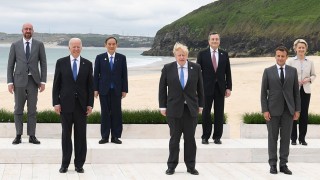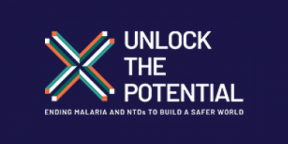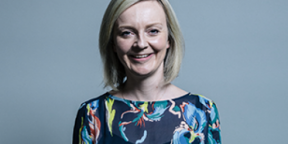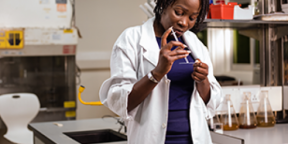G7 commitment to global health is just a start
Covid-19 has shown just how important it is to have strong frontline health services and disease surveillance in place worldwide. Investments in the fight against malaria play a key role in building the infrastructure needed for effective disease surveillance.
Last week, leaders met at the G7 Summit in Cornwall, UK – and global health was high on the agenda.
Despite progress, malaria, one of the world’s oldest and deadliest diseases, continues to present a daily threat to millions of people. At the same time, the pandemic threat is higher than ever before, with detection of new diseases on the rise. It is clear that current health systems are not strong enough to detect or cope with these existing or emerging threats.
Gaps in healthcare in countries with underfunded and overwhelmed health systems – such as in sub-Saharan Africa – increase the risk of new outbreaks going undetected and ongoing threats like malaria remaining uncontrolled, leaving millions of lives at risk and posing a global threat.

Strong front-line community health systems are at the heart of successful malaria programmes and have proved their worth through the COVID-19 crisis. In Zambia, malaria programmes embedded within at-risk communities have played a vital role in ensuring access to timely and reliable information on COVID-19 to prevent the spread of the disease.
There is a clear and urgent need to invest in health for a safer world, and donors and endemic country governments must work together to scale up support. G7 leaders must lead the way in redoubling efforts to strengthen frontline health systems.
The G7 has recognised the need for "increasing the resilience of global health systems to deal with outbreaks of emerging and enduring pathogens". Now, more needs to be done to deliver an essential scaling-up of investment in health.
The UK government must seize these opportunities to demonstrate its commitment to lead the way in strengthening these critical building blocks of health security and deliver its mission to end malaria and make the world safer for us all.
More news






